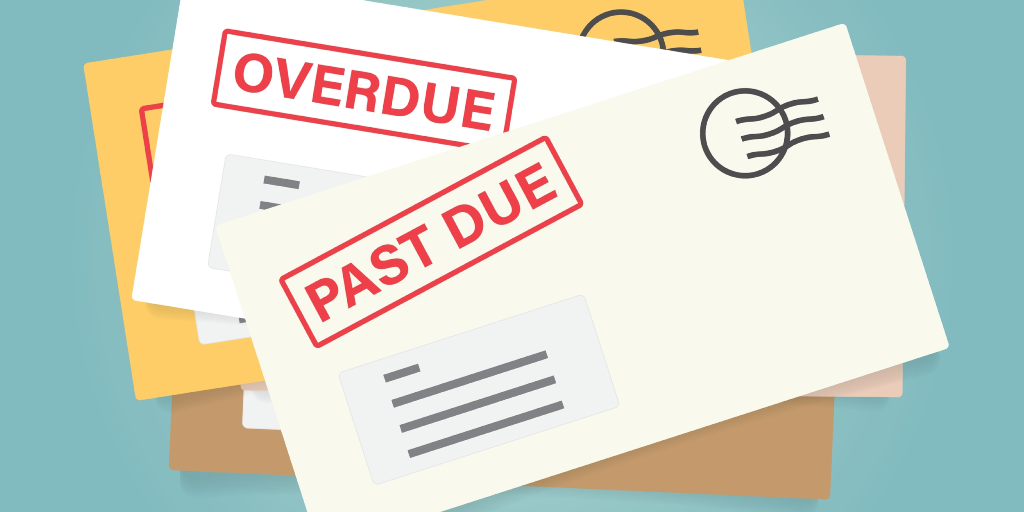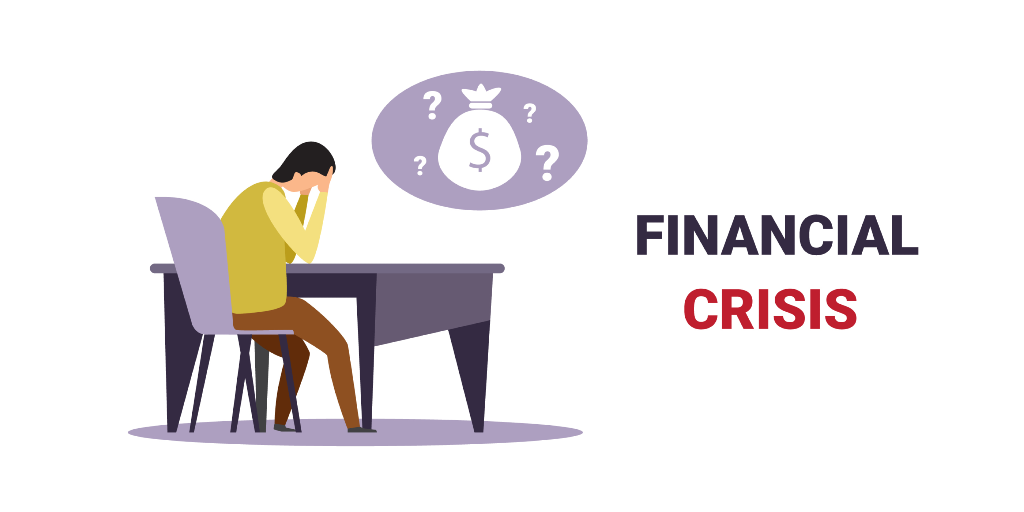Goodwill Letter: Should I Write One to Remove a Late Payment?

- A goodwill letter can be a digital (email) or physical letter you send to your creditor or collection agency asking them to remove a negative mark from your credit report.
- You should only consider writing a goodwill letter only if you have a logical reason for being late.
- The creditor will decide whether to erase any negative marks on your credit report.
What is a Goodwill Letter?
A goodwill letter can be a digital (email) or physical letter you send to your creditor or collection agency asking them to remove a negative mark from your credit report. The goodwill letter must be sent to the creditor, not the credit bureau.
Goodwill letters express regret for your late payment while outlining your plans to pay all your bills on time. In essence, you ask the creditor to erase the late payment in exchange for a second chance at making on-time payments to maintain or increase your credit score. If you want to increase your credit score, but a late payment is dragging it down, you will want to write a goodwill letter.
How Late Payments Affect Your Credit Score
Late fees and high annual percentage rates can negatively impact your credit score. Payment history accounts for most of your FICO score, so even one payment that is more than 30 days late can cause your score to decline drastically. Negative items on your credit report last up to seven years. Therefore, you will want to make on-time payments, if not before their due date.

There will be times in life when you have to make a late payment, or you may forget to make your payment altogether. In doing so, it will be helpful for you to know the proper steps to take to have a late payment removed from your credit report.
When Should You Use a Goodwill Letter?
You shouldn’t get into the habit of writing a goodwill letter. A goodwill letter should only be used with good intentions and under special circumstances. Creditors are more forgiving if you generally have made payments on time and only have one or two negative items versus if you have an extensive history of late or missed payments.
Sending a goodwill letter to a creditor is a promise in exchange for a promise. You are asking the creditor to remove accurate information in exchange to continue making payments on time. A goodwill letter also shows that you are taking accountability for your credit health, which is generally a good sign that you are responsible when given credit.
You should only consider writing a goodwill letter only if you have a logical reason for being late. A few reasons may include the following:
- You mistakenly assumed your bill was set up for automatic payment.
- Your payment was mistakenly overlooked while switching banks.
- Your bill never arrived at your new home address.
- You were unaware that you had an old balance while in the middle of a balance transfer.
- You endured financial hardship around the time that payment was due.

Whatever the reason, a goodwill letter should ask the creditor to extend grace while ensuring that the mistake will not happen again. Although the creditor may be courteous enough to remove negative items, you should never get comfortable sending goodwill letters.
Goodwill Letter Example
Jane Doe
321 Townsend Boulevard
Fresno, Ca 88012
December 27, 2022
American Express Company
200 Vesey Street
New York, NY 10285
Account Number: 123-4567
Amount of Payment: $150.00
Due Date: August 1, 2022
Paid Date: September 3, 2022
To Whom It May Concern,
Thank you in advance for your understanding and consideration of my letter of goodwill. This letter is to address a late payment on my account. I noticed a negative mark on my most recent credit report and would like to request that it be removed.
I have always made timely payments prior to my most recent incident. The reason for the late payment is that I mistakenly assumed that my bill was set up for automatic payments. I take full responsibility for my actions and sincerely apologize, as it will not happen again.
I have made sure that my payments have been set up correctly from this point forward. I have since paid the past due amount in addition to the current amount. Would you be willing to remove the late payment from my credit report?
I recently applied for a mortgage and have been denied due to the late payment on my credit report. I would be grateful to be given a second chance and have the late payment removed.
Thanks again for your time and consideration.
Warm regards,
Jane Doe
Differences Between a Goodwill Letter and a Credit Dispute
You should write a credit dispute letter if you find negative marks on your credit report are made on behalf of the creditor or collection agency reporting inaccurate information.
Consider the validity of the negative information on your credit report. It is better to send a dispute letter if you genuinely believe that the information on your credit report is false.
It’s best to write a goodwill letter if you acknowledge that you made a mistake and are pleading for the creditor's or collection agency's consideration based on accurate information. A goodwill letter should always be composed in a considerate, non-confrontational manner.
Recommended Read: What is a Credit Profile and How Can I Repair My Credit?
The Ultimate Decision
A goodwill letter is not the same as a credit dispute. There is not a certain number of days that the creditor has to respond. The key to rendering a fast decision is to be as detailed as possible when writing your letter.
Aside from your personal information being written, include in grave detail the transactions you are referring to and their respective amounts. Add a copy of your credit report with the goodwill letter and highlight the specified transaction.
Negative Marks on Your Credit Report
You should also go over the impact and issues that the item on your credit report has on you. For example, you might be having trouble getting a mortgage or looking into refinancing, but you are not having any luck due to the negative remark.
Another scenario could be you needing a new car to get to work, but the only auto loans available to you have sky-high interest rates. So, to get the best interest rate, you will need to remove the negative mark on your credit report to improve your credit score.

Creditors Have The Final Say
According to the Fair Credit Reporting Act (FCRA), the creditor must report accurate information to the credit bureaus. They don’t have to forgive you for any negative marks on your credit report, but if they choose to, it can increase your score. Therefore, when you write a goodwill letter, your creditor has the right to deny your request.
Recommended Read: Five Signs of Financial Instability
The Money Wrap-Up
In a goodwill letter, you explain why you missed or made a late payment to the creditor. The creditor will ultimately decide whether to erase any negative marks on your credit report.
Aside from being honest with your creditor about your financial situation, making on-time payments and staying on top of your finances will help prevent you from being in a challenging financial situation again. However, you should never make it a routine to write goodwill letters to increase your credit score.